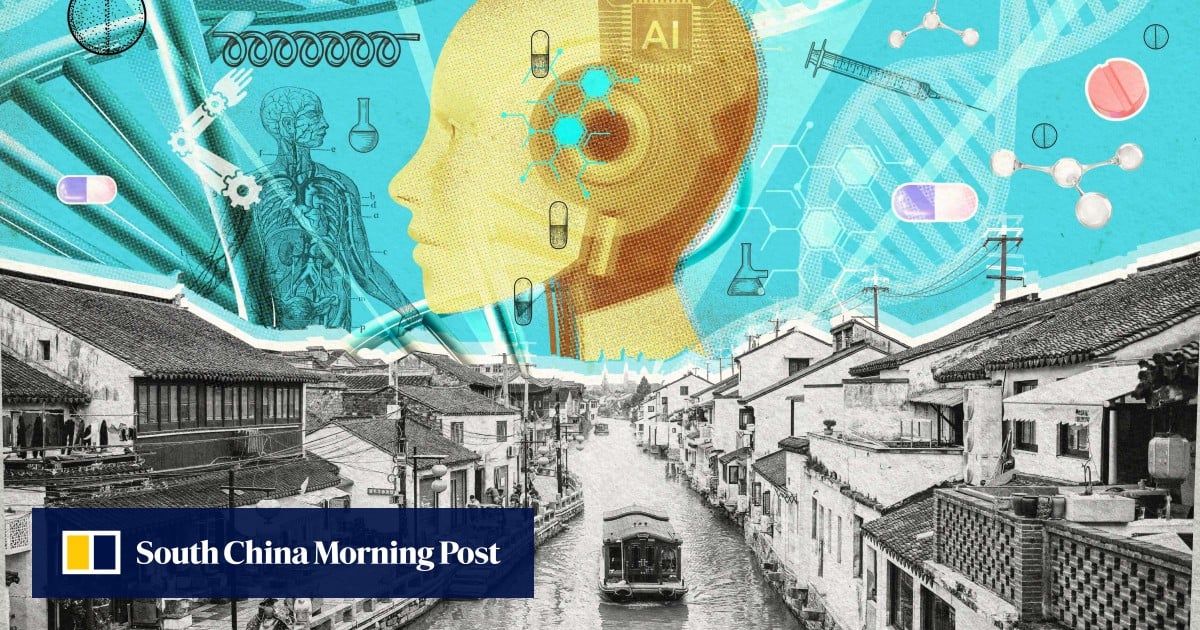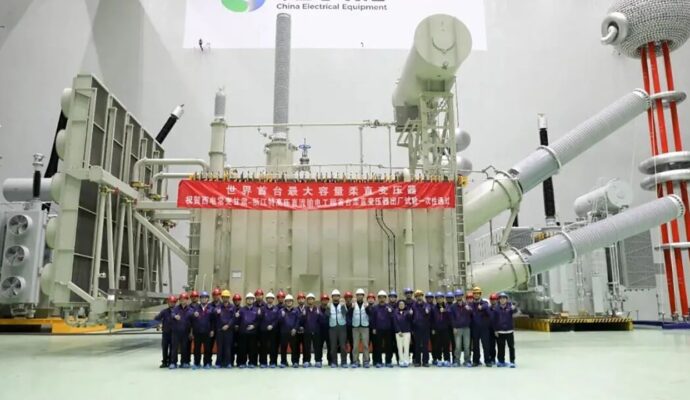
Advertisement
With 3,800 biopharmaceutical companies already in town, the vision is to attract more top local and international pharmaceutical firms to set up their regional headquarters there by offering each company a subsidy of up to 60 million yuan (US$8.3 million).
By 2030, Suzhou aims to establish itself as a major biopharmaceutical innovation hub, hosting more than 10,000 companies and generating an output value exceeding 1 trillion yuan (US$139 billion).
Advertisement
At the 2020 Suzhou Biomedical Industry Development Conference, the city’s then Communist Party chief Lan Shaomin declared: “We are the first in China to benchmark ourselves against the global biotechnology hub of Boston … aiming to establish biomedicine as a lasting industrial landmark in Suzhou.”
To train drug innovation leaders of the future, Suzhou’s Xian Jiaotong-Liverpool University (XJTLU) co-founded its Academy of Pharmacy with the Suzhou Industrial Park government in 2020 “to help Suzhou transform into a world-class biopharmaceutical and healthcare capital”.


